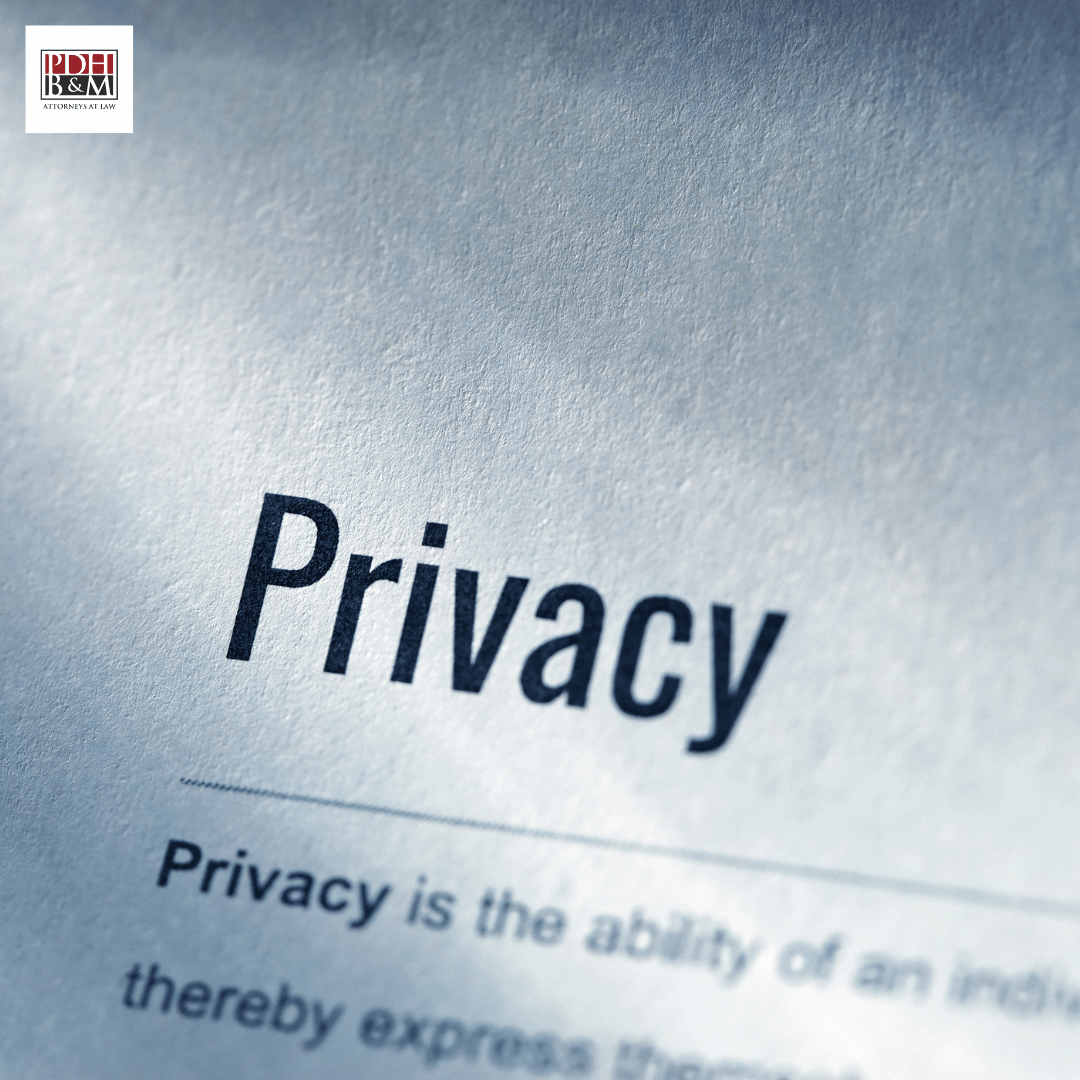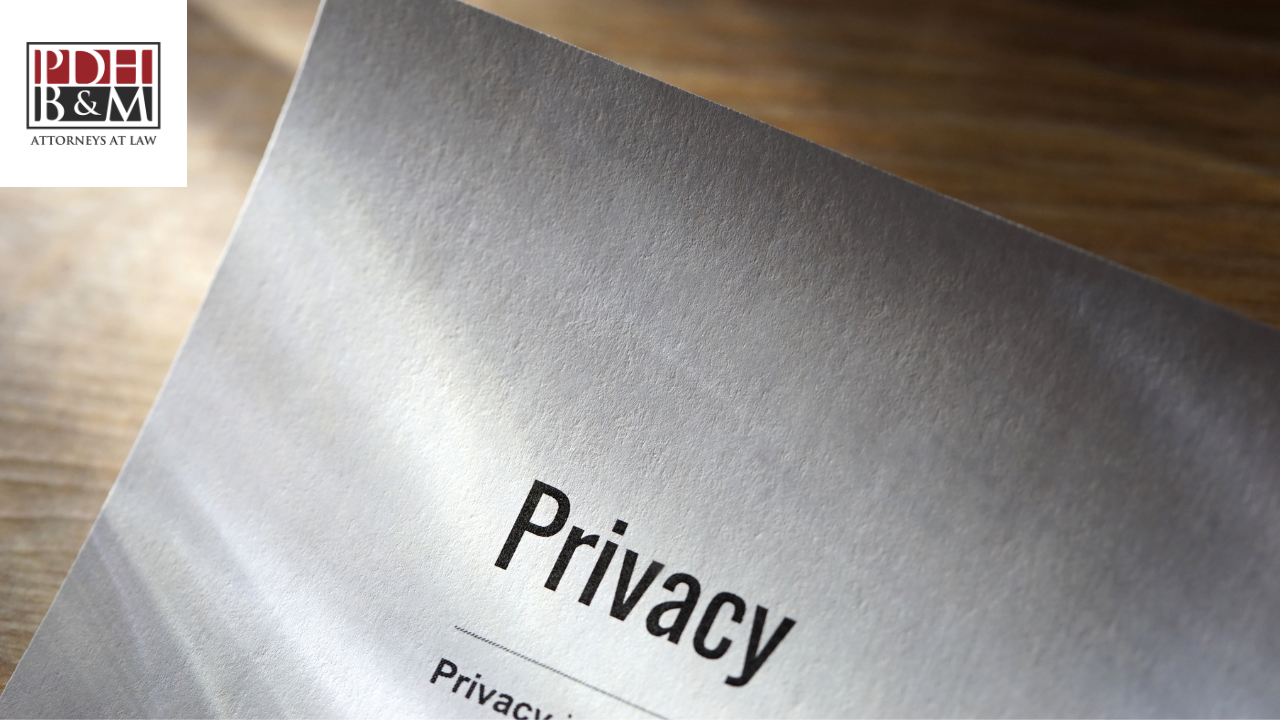When Do You Need a Personal Injury Lawyer? 10-Point Checklist

Injuries are common in the United States, and chances are good you’ll encounter one that requires expert help sometimes. The Centers for Disease Control and Prevention reports there are 83.6 million visits to physician offices for injuries each year, and 42.3 million visits to emergency departments each year. When serious injuries occur because of the negligence of another party, you may consider filing a lawsuit to recover compensation for medical costs, time missed off work, pain, and suffering, and more. But when do you need a personal injury lawyer?
At Pittman, Dutton, Hellums, Bradley & Mann, P.C., we are a personal injury lawyer Birmingham firm with decades of experience helping personal injury victims. If you’ve suffered a serious injury that required medical attention and has cost you financially, here is a 10-point checklist to go through to determine whether or not you might need a personal injury lawyer.
If you have any questions whatsoever after a serious personal injury where negligence may have been involved, please contact the personal injury law team at Pittman, Dutton, Hellums, Bradley & Mann, P.C. online or at (205) 322-8880 for a free consultation.
1. What settlement did you receive from the insurance company?
It’s in the best interest of insurance companies to keep their costs low. Often, they’ll offer a low-ball amount for a settlement or, worse, offer nothing at all. If you are confident you are entitled to compensation because another party is at fault in your injury, a personal injury attorney will negotiate with an insurance company on your behalf.

2. Are there expert witnesses who can help or hurt your case?
Gathering witness testimony and conversing with witnesses in court are often some of the most important elements of a personal injury case. If other people witnessed your injury, or if there is video camera footage of the situation you may not be aware of, a personal injury lawyer will contact witnesses and gather the testimony and evidence needed to strengthen your case.
3. Is liability clear?
Sometimes, a personal injury case will involve multiple parties. More than one may be liable for your personal injury, or the exact guilty party may be unclear. If you are confused about liability, a personal injury lawyer will be able to pinpoint the cause of the case.
4. What evidence do you have to present?
You might have substantial evidence to present in your case, but doing so effectively can get complicated. A personal injury lawyer with experience representing victims will be able to collect the most meaningful pieces of evidence and present them accordingly.

5. Are you prepared to represent your case if it goes to trial?
Sometimes personal injury claims are handled quickly and simply, without any in-person meetings. Other times, they escalate to a courtroom setting. Self-representation in a personal injury case is something some victims pursue, while others want the confident and competent presence of a personal injury attorney representing them in the courtroom.
6. Are you sure about the accuracy of your loss calculation?
Knowing how much you are entitled to is a vital figure to master for your personal injury claim. Many times, this figure becomes complicated quickly because factors such as medical bills, costs for time missed off work, psychological trauma and other elements need to be considered for an accurate loss calculation. A personal injury lawyer ensures you don’t miss anything.
7. How much time can you devote to your case?
Responding to messages, conversing with a law team, gathering and organizing evidence, preparing testimony, and more are all time-consuming tasks. If you are working, have familial responsibilities, or want to focus on your recovery, a personal injury lawyer can alleviate the time requirement of personal injury cases.
8. Has a lawyer from the defense team contacted you?
The wrong response to a lawyer can hurt your claim. Any action you take as your claim is being settled can be evaluated, judged and applied to your case. When the defendant lawyers up, having a legal team in your corner can protect you from hurting your own case. Additionally, if you are unsure about any type of documentation the defense party presents you with, including letters and statements, a personal injury lawyer will be able to decipher and respond appropriately to legal jargon.
9. How complex are your medical issues?
In addition to presenting complex medical records during a personal injury claim, often, doctors involved and other medical experts may be brought in to offer testimony regarding the severity of an injury. Contacting the right experts and asking the right questions is paramount to the success of a personal injury case.
10. How much is your case worth?
Depending on the personal injury situation and the parties involved, your personal injury case may be worth thousands of dollars, tens of thousands of dollars, hundreds of dollars, or even millions or billions of dollars. When dealing with large corporations, government entities and other substantial figures on the defense team, a personal injury lawyer can help you secure the compensation you deserve and fight against an experienced defense team.
If you don’t have time to do the research, contact the witnesses, gather the evidence, and organize the case you want, a conversation with a personal injury lawyer is a wise step to take. The statute of limitations may limit the amount of time you have to pursue a personal injury case. It’s important to contact a personal injury attorney as soon as possible to learn whether working with a lawyer is best for your case.








